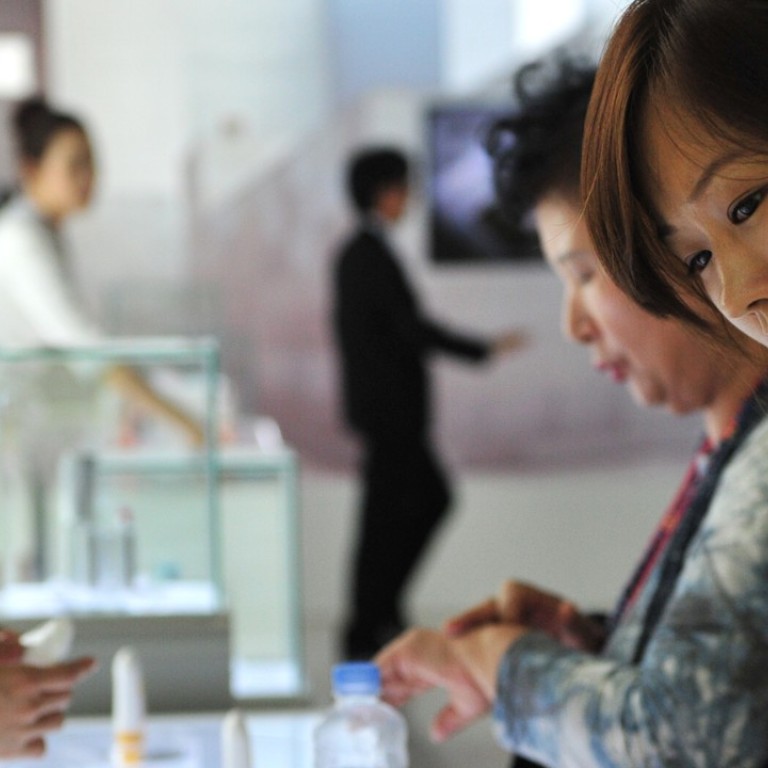
Five unusual Korean beauty trends – will they give you flawless skin?
South Koreans are great cosmetics innovators. Hong Kong experts explain the effects five of the most popular Korean beauty treatments can have on your skin and health
South Korea has been dubbed the beating heart of beauty innovation, spurred by a fixation with flawless skin, the country continues to thrust new cosmetics into the spotlight.
But some of these cosmetic trends are seriously unusual, even bizarre. We put some under the microscope.
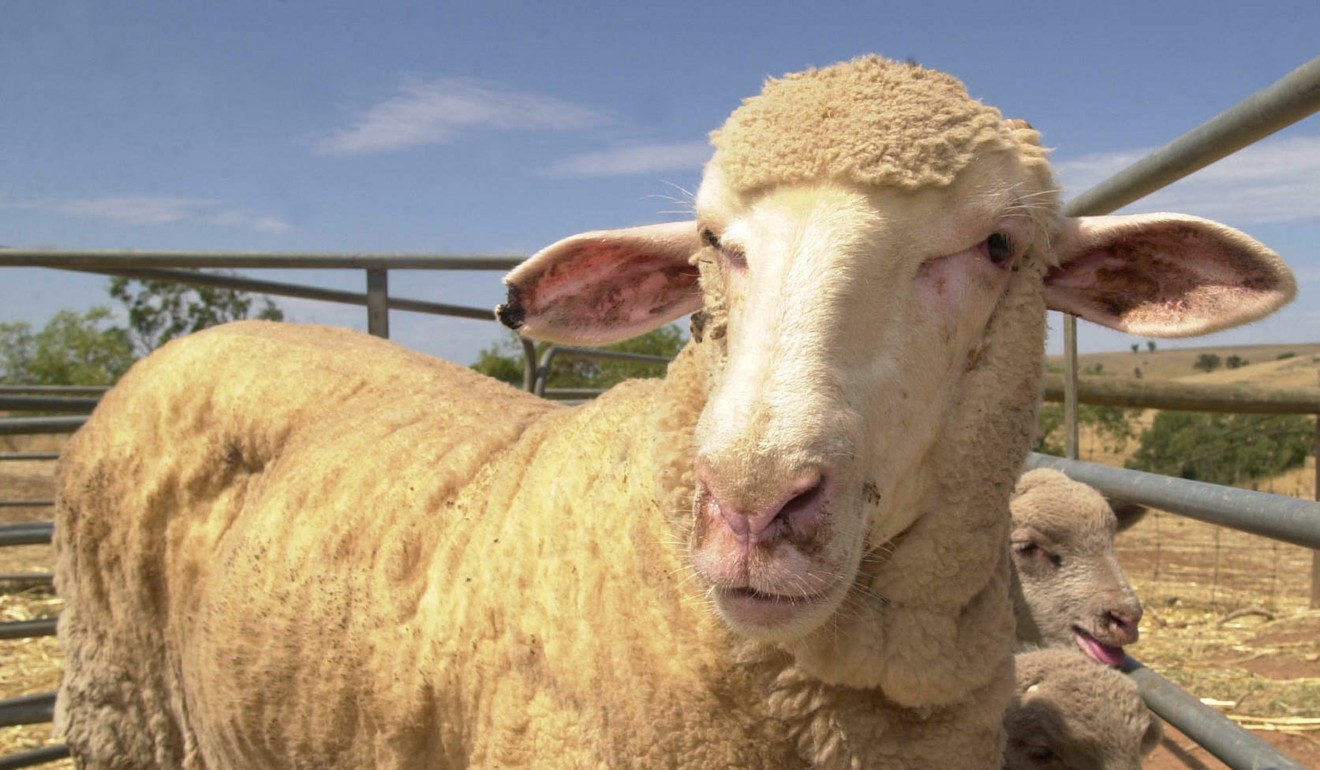
1. Animal oil
Sheep oil is just what it sounds like: lanolin is an oil secreted by sheep to protect their skin. The theory is if it works on sheep, it works on humans. A variant, horse oil, is made by extracting the oils from horse fat.
South Korean men having plastic surgery to get ‘pretty boy’ looks and macho physiques of their K-pop and K-drama idols
Queen’s Road Central dermatologist Dr Louis Shih says that any oil can serve as a moisturiser. But, children who have atopic common eczema are usually allergic to animal products. The reason is that animal products can be more allergenic than mineral oil, for instance, Shih says.
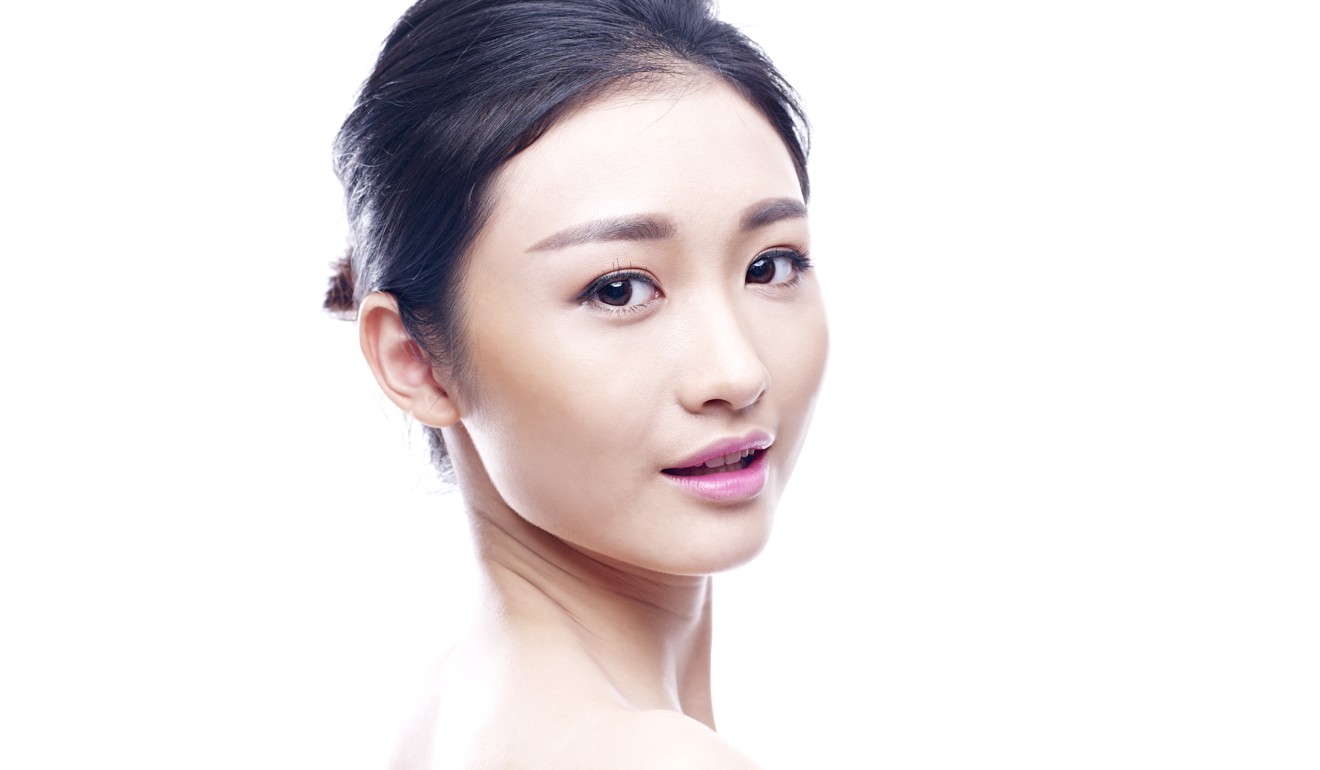
2. Eye smiles

Dr Yung Chan of the Apex Dermatology Institute in Tsim Sha Tsui says the procedure is risky. “As in any other procedure, the effects and safety very much depend on the operator,” he says.
After surgery, the patient may end up with bruises, swelling, imbalance between both sides, and scarring. What is more, he says, while filler injections are less invasive than surgery, the effect is short-term only.
3. Face diving
Called jamsu, the next trend under scrutiny means “diving”. Dreamed up by a Japanese video blogger, it involves patting baby powder on your face. Then you plunge your face into a sink or bowl filled with cool water for up to 30 seconds. After, you pat dry with a towel and end up with lovely day-long matt skin.
China’s beauty trends: KOLs, organics, more make-up, and men
Or that is the theory. The safety of talcum powder has been questioned when used long-term, he says. “It can also be easily inhaled when applying it to one’ss face, which may cause irritation to airways, wheezing, lung fibrosis and even respiratory failure.”
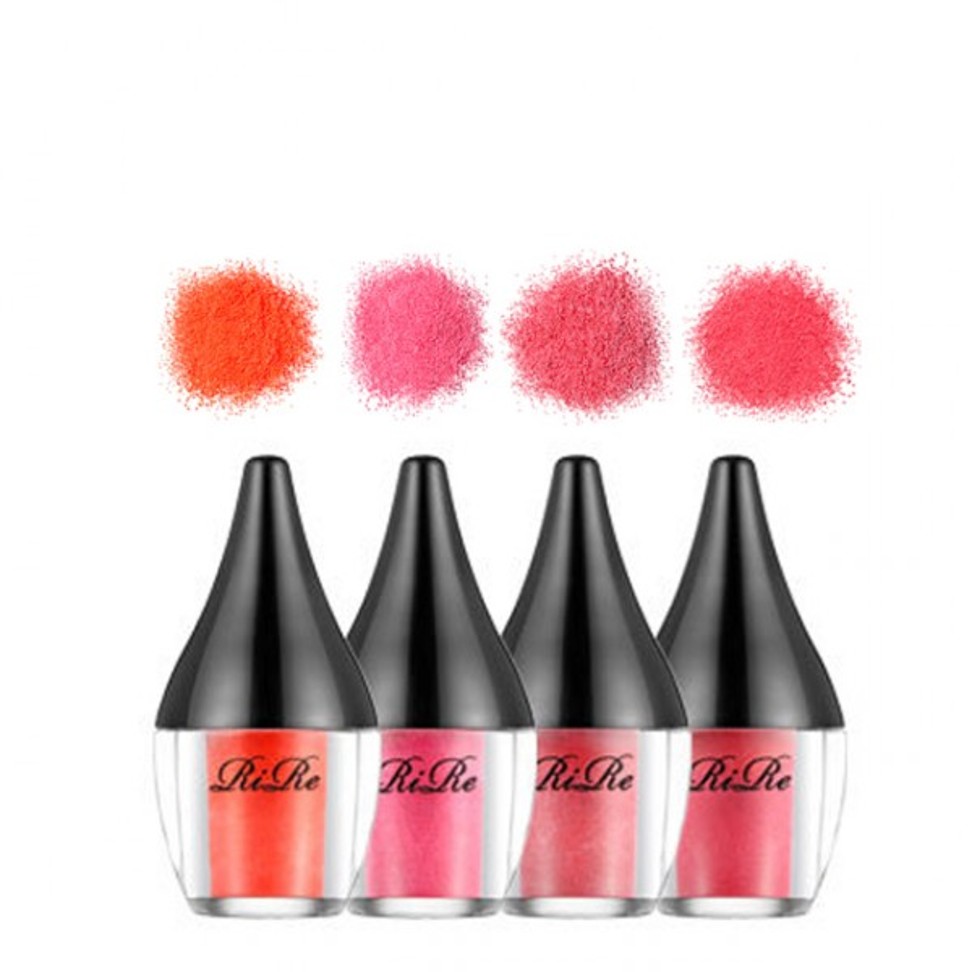
4. Lipstick powder
No longer tied to bullet-shaped applicators, the beauty sector touts liquid lipsticks, glosses, lip stains, and more. Now, in line with this Korean trend, beauty enthusiasts can try finely milled lipstick powder. The idea is it goes on easily and lasts all day without drying out.
However, the powder may be inhaled during application, says Chan. Its safety depends on the ingredients, he says. “Thus, consumers should act wisely and read through the full list of ingredients before trying.”
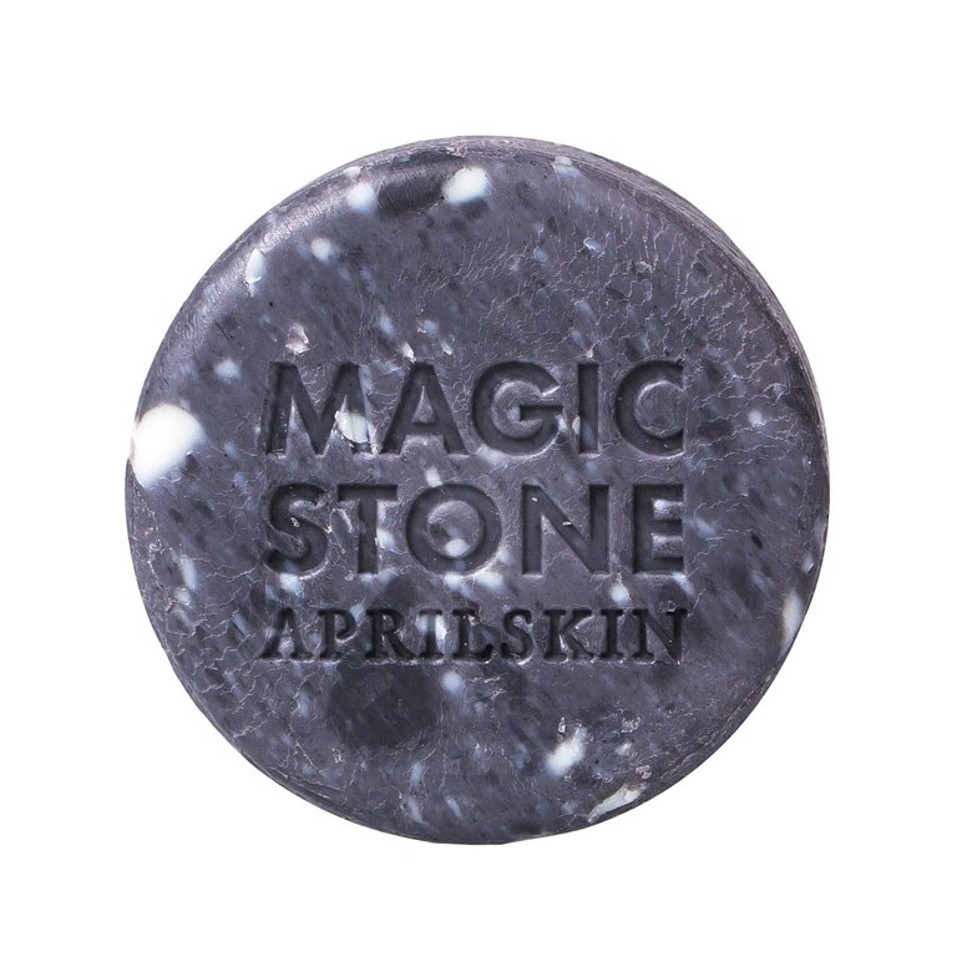
5. Charcoal cleansing sticks
The charcoal cleansing stick, apparently serves three purposes: it sucks gunk out of clogged pores, boosts your circulation and brightens your skin.
And it may well be the safest procedure in this round-up. Charcoal has a strong absorbing ability which helps remove dirt, bacteria and chemicals, Chan says. It is also safe for use on skin, he says. “It is fine to try it, as long as the person has no allergy to it.”
Beauty’s dark side: Chinese tourists lured by South Korean cosmetic surgery face risks
Whether any of the listed skin care strategies are really necessary seems doubtful though.
“For most people, plain water is good for washing. A general cleanser or water can do the job pretty well,” Shih says.
Use harsher substances at your peril, because the skin may become irritated. “It is best to leave some of your natural oil on your face. It’s the natural thing to do.”
